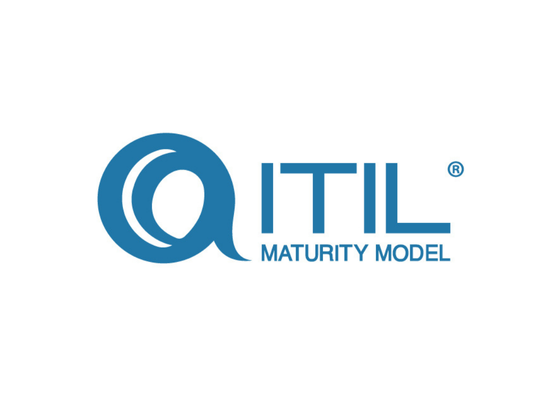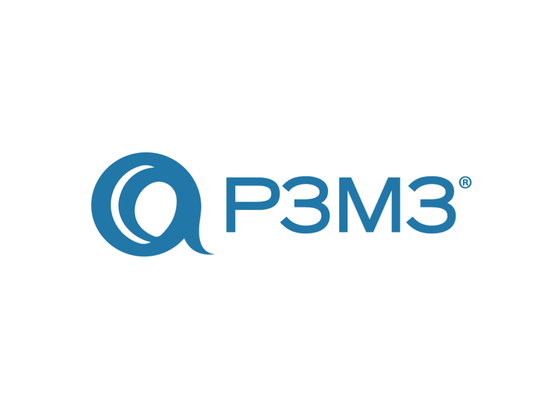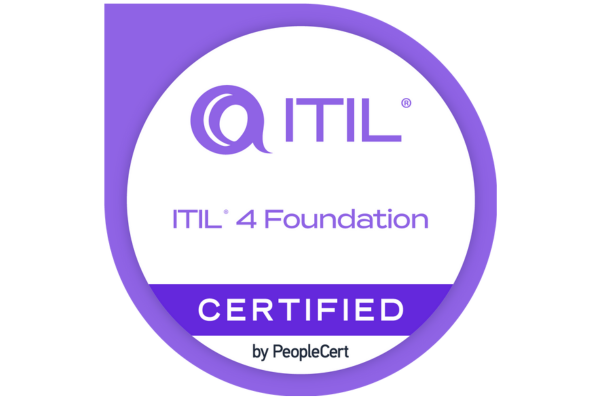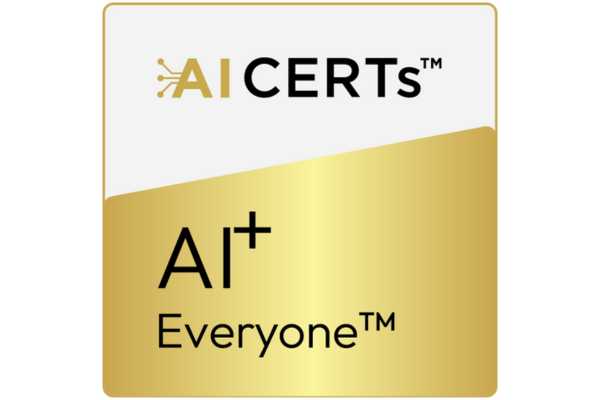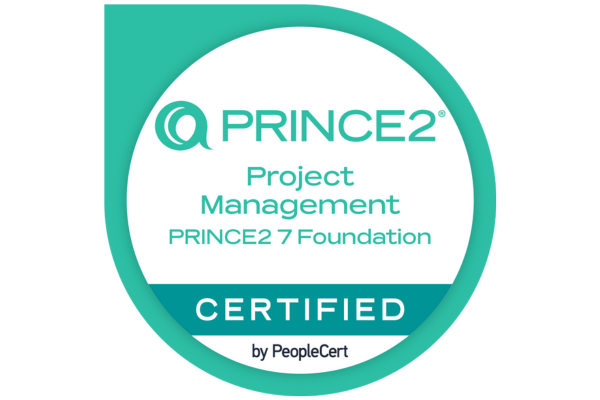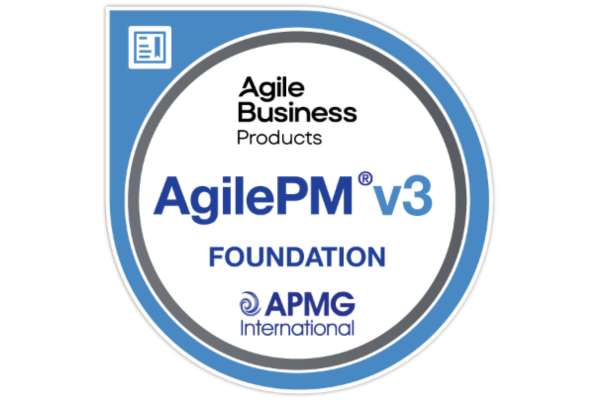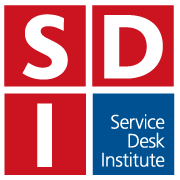
This course accompanies the SDI Service Desk Analyst Professional Standard and is designed to equip analysts with the skills and knowledge essential to delivering an excellent customer support experience.
Aligned with ITIL® 4, it compliments most service management frameworks and support models while focusing on building relationships to ensure customer needs are met within agreed service levels.
Attend from anywhere, this course is delivered by our expert instructor, in our virtual classroom over 3-days.
Course Overview
While the principles are relevant to all service and support staff, the SDA qualification course is primarily aimed at first and second-line IT service and support analysts with some experience of the service desk environment. The course is ideal for analysts looking to grow in their role and gain a recognised qualification within their profession. It enables them to gain a deeper understanding of the impact their role has on business efficiency and empowers them to identify opportunities for improvement.
The principles learned on this course can be embedded into quality assurance activities for IT service operations. Broadening the scope across the whole support operation can assure quality in the end-to-end support service. Gaining the SDA qualification provides a clearly defined measure of success for recognising and rewarding analysts as part of career progression, as well as raising the profile and promoting the professionalism of the service desk and support operation
The course covers:
- Roles and responsibilities: Learn everything you need to know about being a professional, efficient & effective service desk analyst & the key features of delivering service excellence.
- Relationship management: Discover the importance of collaboration, team - work, customer relationships & cultural awareness across a global perspective.
- Effective communication skills and competencies: Explore the principles of good verbal, non-verbal, formal & informal communication skills, the benefits of active listening & the different ways which people communicate.
- Problem-solving: A close look at problem solving techniques, critical thinking, inductive & deductive reasoning & reaching resolutions faster.
- Effective rapport and conflict management skills: Learn how to develop rapport with your colleagues & customers, understand the importance of good emotional intelligence & how this can aid conflict management & negotiation.
- Resilience: Understand & develop emotional resilience to help detect & manage both positive & negative signs of stress.
- Managing practices, processes & procedures: Establish the need for practices, processes & procedures for interaction handling & how to create & maintain high-quality documentation.
- IT Service Management: Learn the purpose of key IT Service Management practices including incident management, service request management, problem management, knowledge management & information security management.
- Quality assurance program: Review the importance of quality assurance activities, commonly used quality assurance practices, customer satisfaction surveys & the benefits of metrics.
- Managing customer feedback: Understand the purpose, objectives & components of successful feedback management.
- Support methods: Gain an insight into the different methods of delivering support, including the benefits of remote support and self-service.
- AI & automation: Identify common examples, benefits & challenges of AI & automaton within service management.
Learning Outcomes
At the end of your SDA course, candidates will have an understanding of the following:
- A thorough grounding in the skills, competencies and knowledge required of a professional service desk and support analyst
- The essential skills and competencies to deliver efficient and effective support in line with SDI’s best practice industry standards
- The ability to identify customer needs and motivations and the impact this has in dealing with a variety of situations
- An awareness of relationship building techniques and the need for cultural sensitivity
- A clear understanding of the importance of teamwork in the support environment
- Knowledge of core IT service management processes
- Creative problem-solving techniques to develop new and alternative solutions to customer issues
- Understanding the importance of measuring and monitoring customer satisfaction
- An understanding of quality assurance activities and awareness of key service desk metrics
- An appreciation of the benefits and risks associated with support tools and technologies
- A globally recognised professional qualification (on passing the exam)
Who should attend
The SDA qualification course is for front-line IT service and support analysts with some experience in a first line or second line service desk environment. This course is perfect for analysts looking to grow in their role and gain a recognised qualification in their profession. This course will help them to develop practical skills whilst earning a certificate that endorses their commitment and knowledge
Prerequisites
There are no mandatory prerequisites.
Exam & Certification
- All methods of delivering this course include the exam in the course fee.
- The exam is 60-minutes in duration and includes 60 multiple choice questions
- Exams are administered online (proctored) by an independent examination body
- Participants are provided an exam voucher so they can schedule the exam at their convenience after completion of the course
- A passing mark of 75% is required to achieve your SDI SDA certificate
- A passing mark of 87.5% achieves a higher mastery pass
Course Material & Inclusions
This course comes with access to accredited course materials.
SDI Service Desk Analyst online exam voucher, valid for 12-months from the date of issue.
A Take2 exam re-sit is included if there is a 'failure' result from the first attempt. Take2 will not be available from a missed or absent exam attempt.
Recent customers




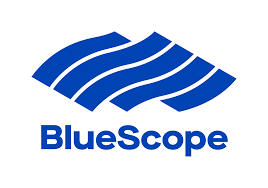
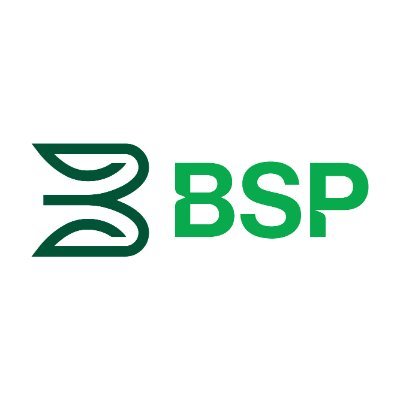
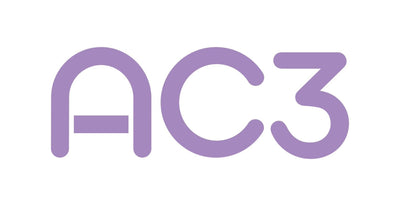





An amazing instructor who explained the content very clearly and at a very good pace. This was a good balance and approach. I found the worked examples very practical and very relatable to the Defence industry sector I work in.
Really good facilitation, kept me interested and shared so many practical applications.
Gave me a better understanding of concepts, theories and tools to formalise and improve my current relationship management.
The instructor was very professional and was able to explain each area thoroughly and is available for Q&A.
Learnt a lot that we can implement or improve on in our organisation. The presenter was clear, precise and could relate difficult concepts into language and scenarios we could relate to. Everyone came away from the course feeling that had learnt something valuable.
Catholic Education, Brisbane
The examples provided by the instructor as we were covering of material, made everything make sense. This helped during the exam. Pat was fantastic and engaging. Kept everyone on their toes and ensured he took the time to explain anything we were not clear on.
BAI Communications
The instructor was great and very interactive. He made sure we understood the material and gave ample opportunity for us to ask questions. He provided great examples which tied everything in.
